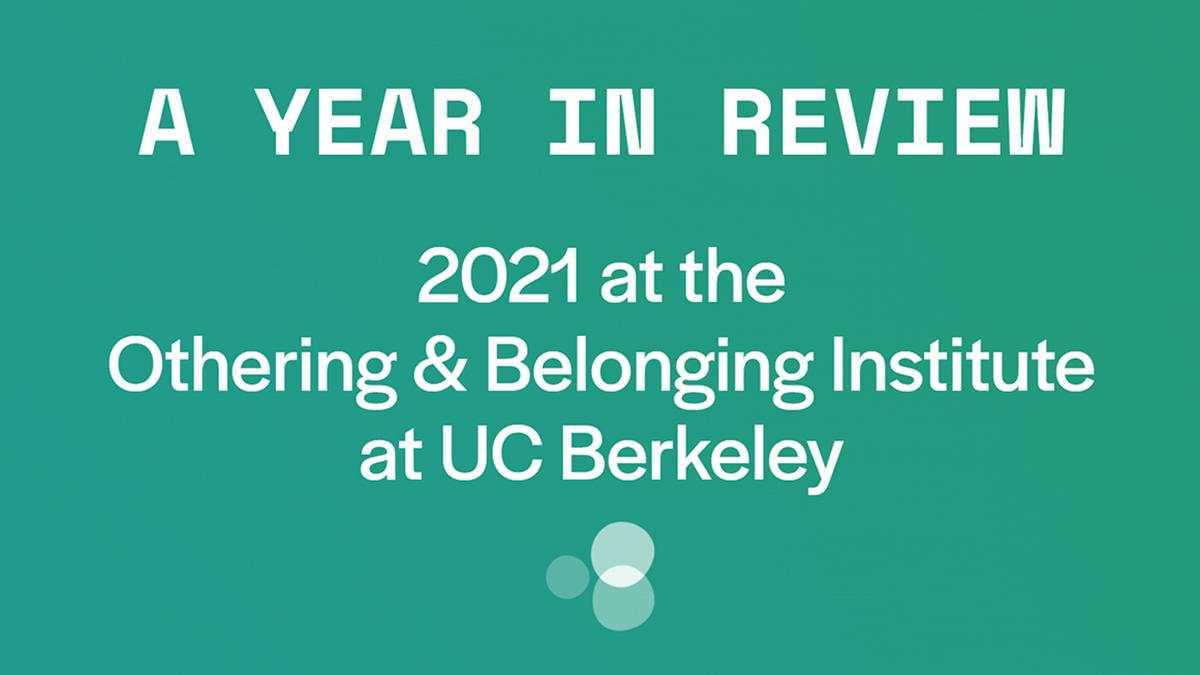Notable Blogs
Conversations move quickly, so if we want to be involved, we have to move fast too. On the OBI blog, we publish rapid, robust responses as dialogues develop.
This year, we joined public conversations bout race and policing as well as global food justice, urban planning, workplace surveillance, migration, public health, and so much more.
Here are some of the highlights of this year.
The debate over ending structural racism
A way forward for the Biden administration
by Stephen Menendian and john a. powell
“With a new congress and president the federal government will once again become the focus of advocacy and attention for advancing a racial equity agenda. The question before us is simple yet profound: What can the new congress and Biden administration do? Perhaps more importantly, what should be done?”
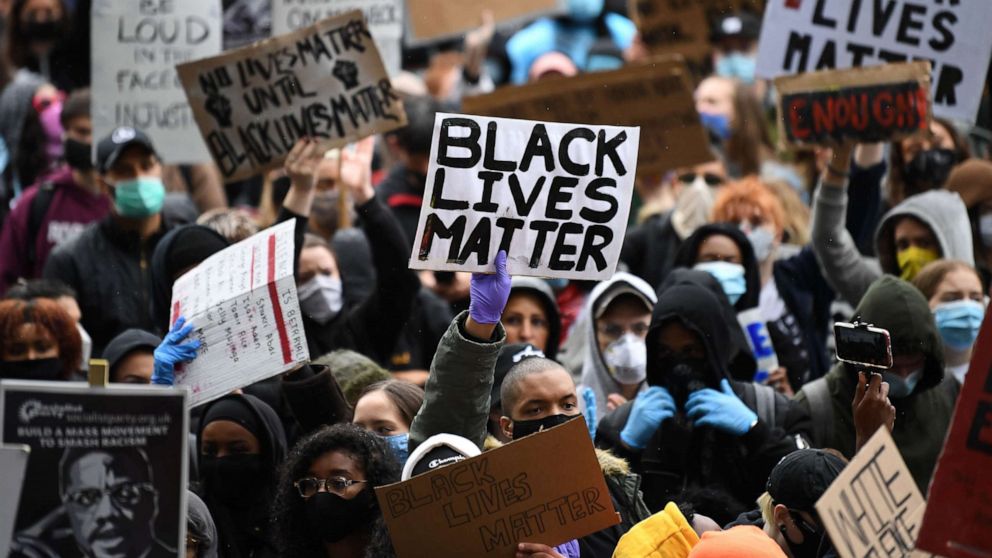
Asians must be a part of our story, too
by john a. powell
“I was encouraged by the scenes that took place last month in Oakland with Black and Asian community members coming together for a solidarity rally. But we need to go further by affirming that our fates are intertwined. Without denying our agency and tensions, we must also acknowledge that many of the problems we face are due to a system grounded in white supremacy that harms us all including Blacks, Asian, whites, and others. We need a new story where we all can contribute and co-create, one that acknowledges our respective suffering, and that insists that we all belong not because we agree, but because we care and we are human.”
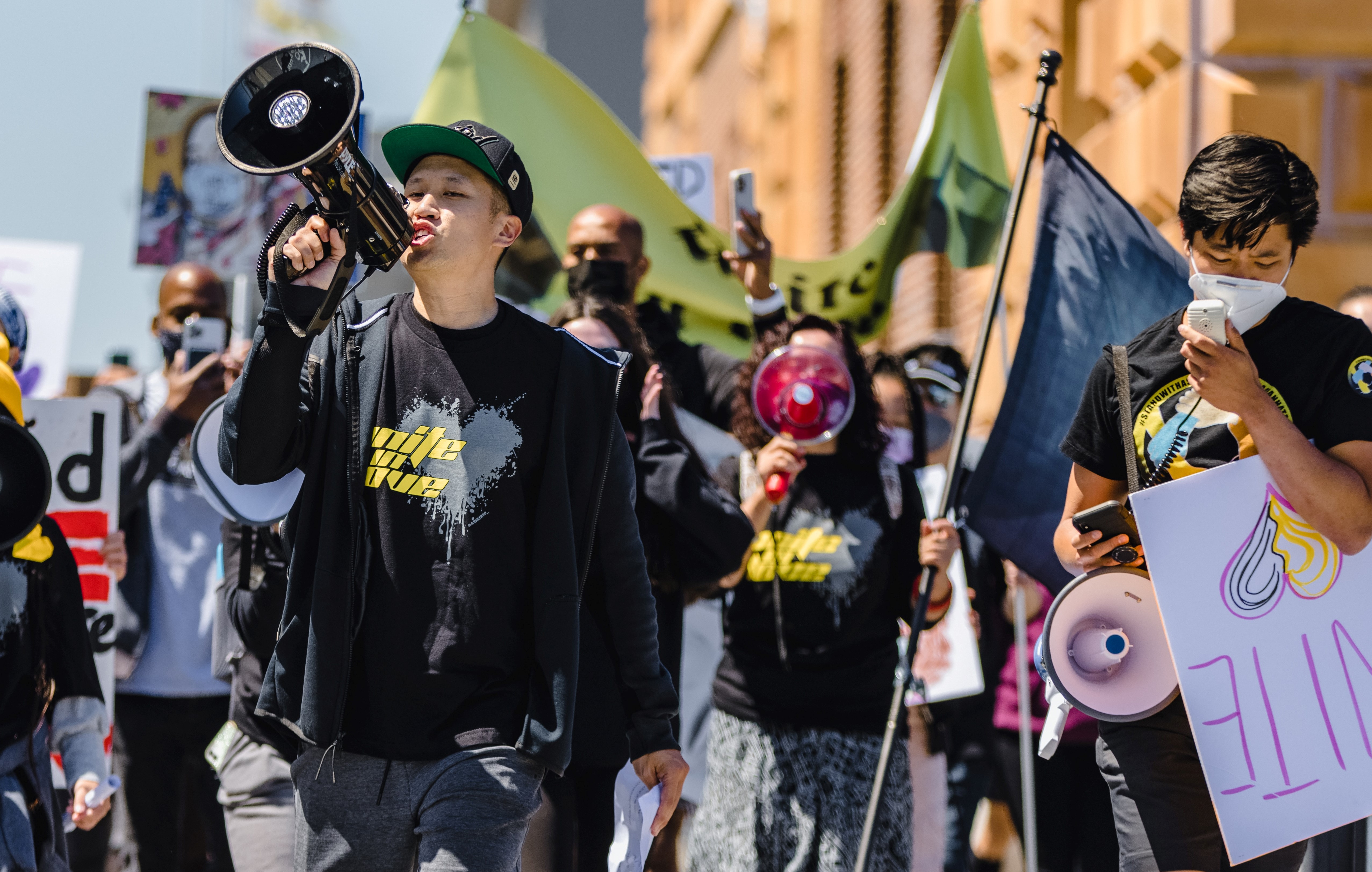
Pain of police killings ripples outward to traumatize Black people and communities across US
by Denise Herd
“Public health research I am conducting with my research team at the University of California, Berkeley finds that the harm from police killings of Black people goes beyond the people and places directly involved in these incidents to affect Black Americans far from the site of the killing, who may have never met the victim. Evidence shows that many Black Americans across the U.S. experience police killings of other Black people as traumatic events, and that this trauma diminishes the ability of Black communities to thrive.”
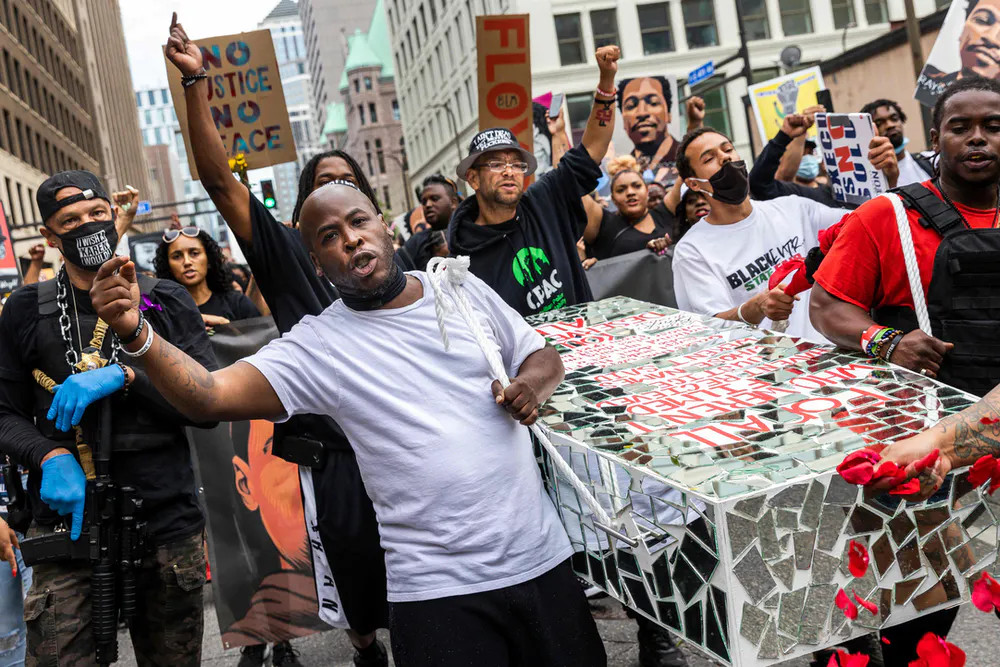
The backlash is here:
Behind the absurd attacks on 'Critical Race Theory'
by Stephen Menendian
“The attacks on ‘CRT’ reveal that most of the critics have very little idea what they are even aiming at. Rather than attacking CRT, some of the key phrases in the proposed statehouse bills are rather ideas or claims made in much more recent and mainstream writing or advocacy, such as things Robin DiAngelo has suggested or Tema Okun has circulated. If Robin DiAngelo and Tema Okun are CRT scholars, then I’m an astrophysicist.”
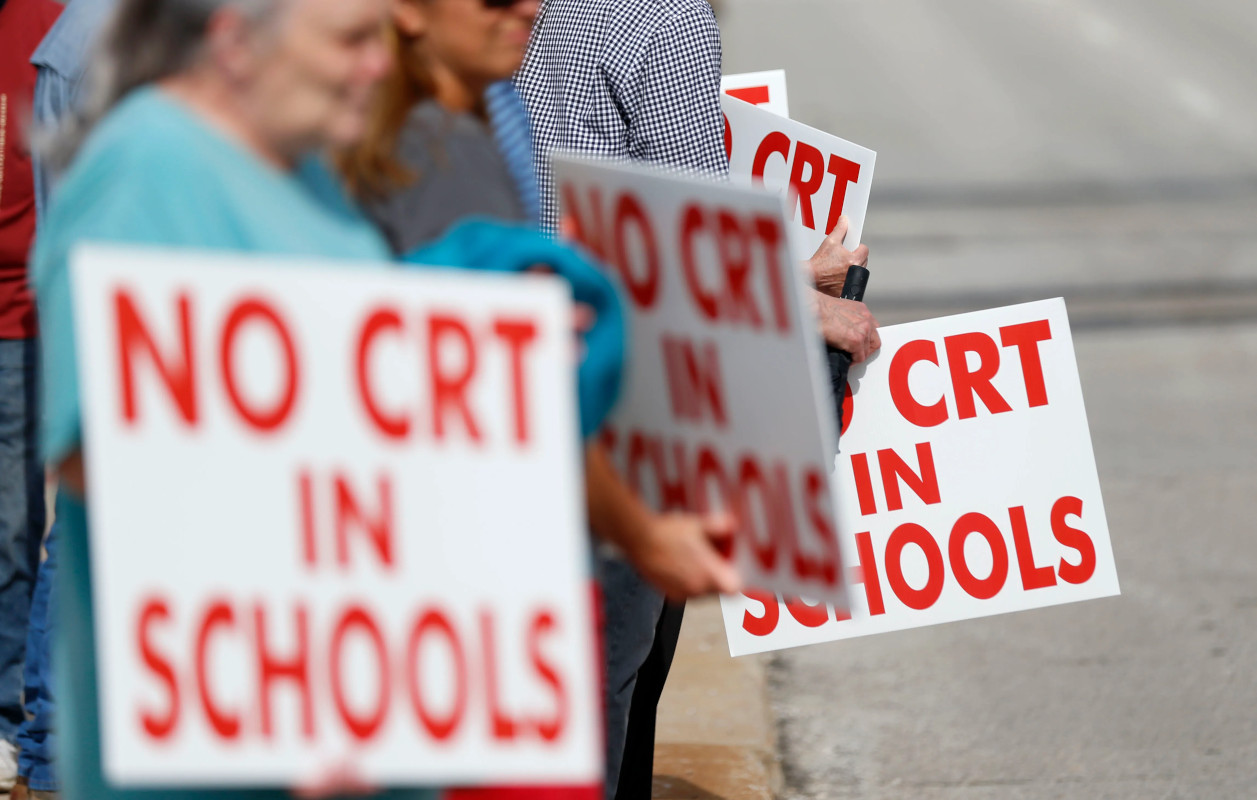
The US Owes a Debt to Haiti and to Haitian Migrants
by Gerald Lenoir
“This fight for the human rights of Haitians at the border is only the latest chapter in an ongoing battle to provide solidarity for the Haitian people. The first Haitian "boat people" made the precarious journey across the Atlantic Ocean to the US in 1972. This was in response to the brutal dictatorships of François Duvalier (1957-1971) and then his son Jean-Claude Duvalier (1971-1986), both backed by the US government. From that time to now, Haitian refugees and asylum seekers fleeing repression are interdicted in the high seas and detained, denied entry, and summarily deported.”
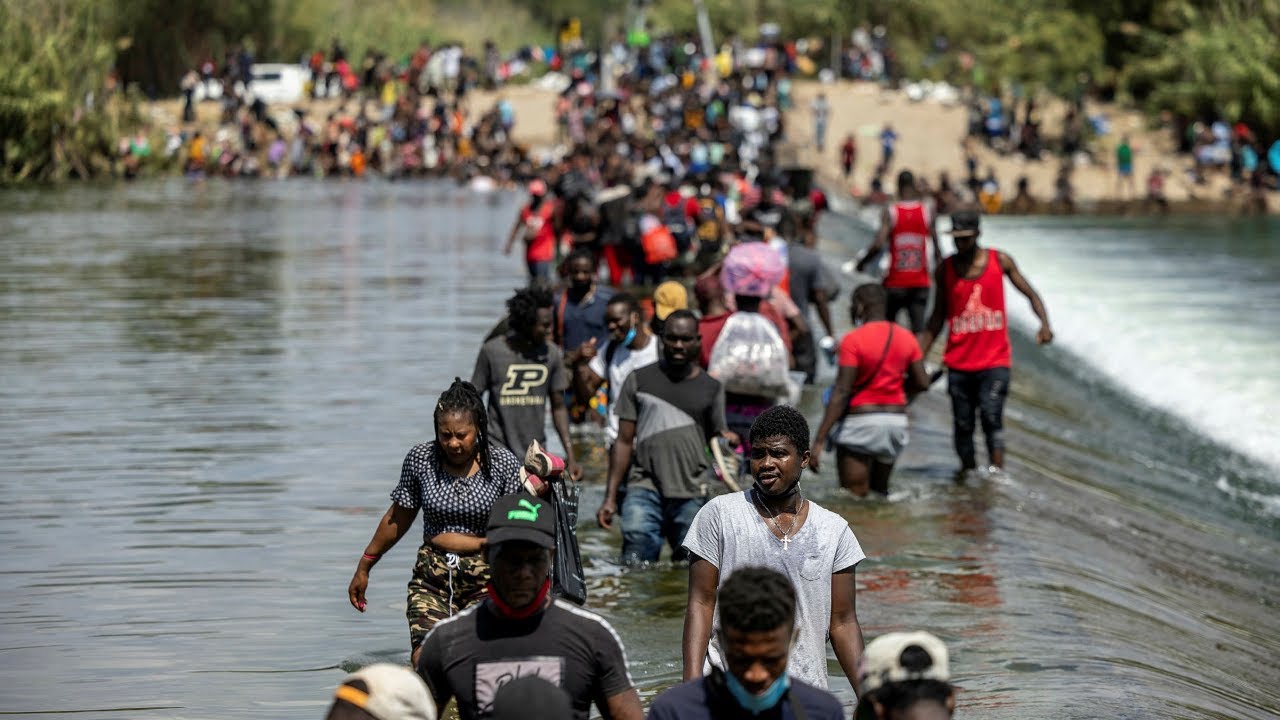
Can we disarm vigilantes by bridging?
by john a. powell
“But what happens to the country after the disappointing verdict in Wisconsin today, and whatever the jury decides in Georgia, depends in part on us too. We have at least two choices. Either we can continue to demonize, denounce and cut off communication with those who don't share our beliefs, which will produce predictable outcomes. Or we can find ways to hold on to our values while allowing the possibility of engaging with our opponents.”
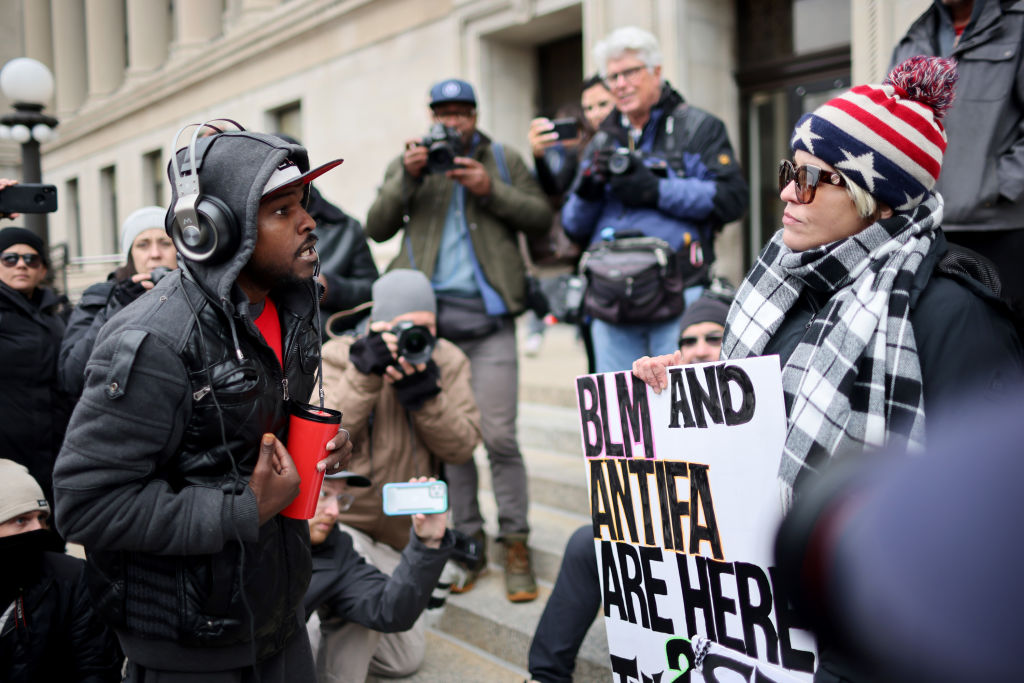
The Role of Religion in Bridging Work
Notes on the 2021 Othering and Belonging Conference
by Eboo Patel
“Those of us who are building the bridging field speak often of identity, typically race, gender, sexuality and politics...It is time to include religion at the same level. One reason of course is that religion is an identity around which groups form and there is too often unhealthy tension between those groups. But another reason, as revealed by the comments made during the Othering & Belonging Conference, is that religion provides a vast toolkit for bridging work.”

